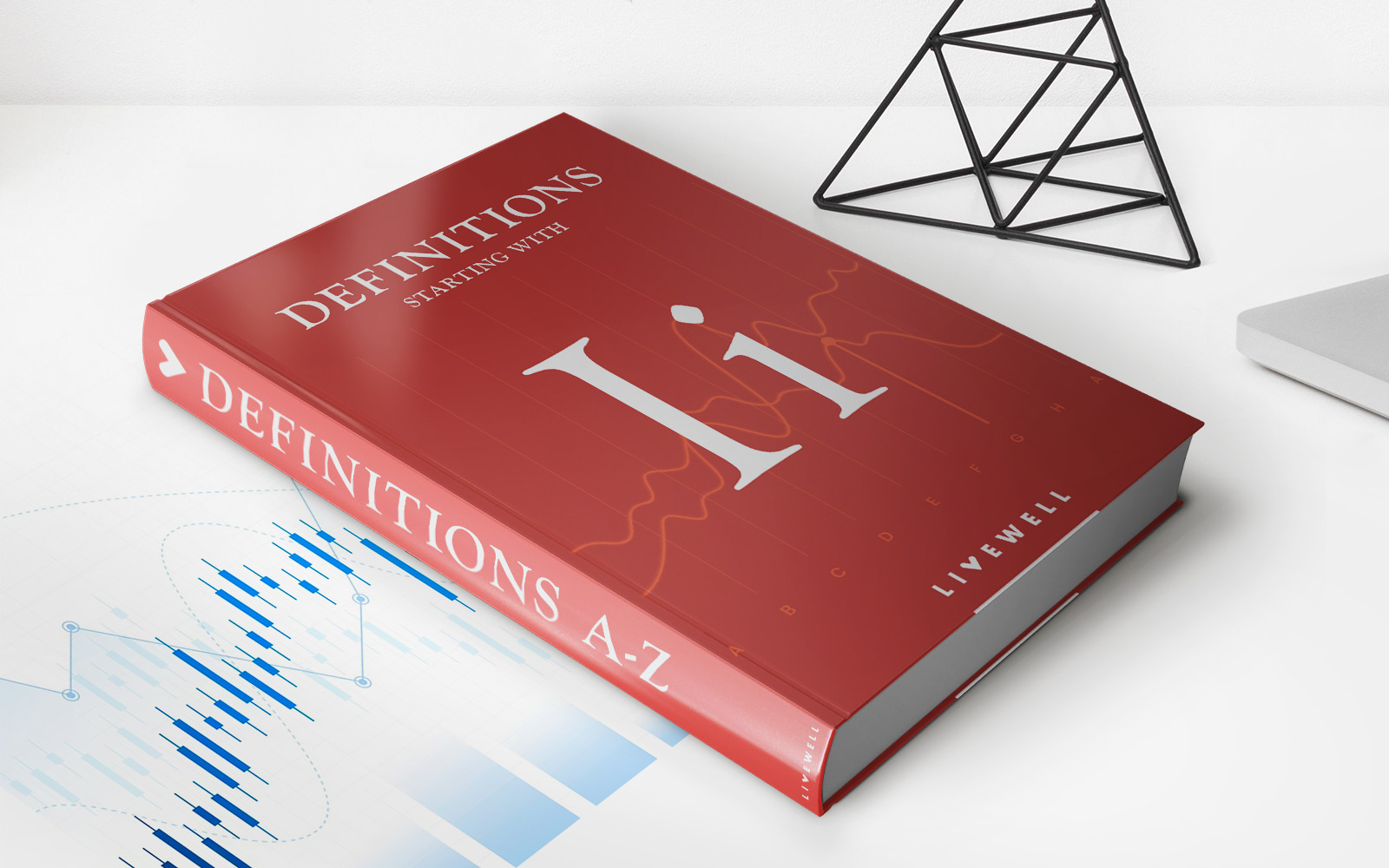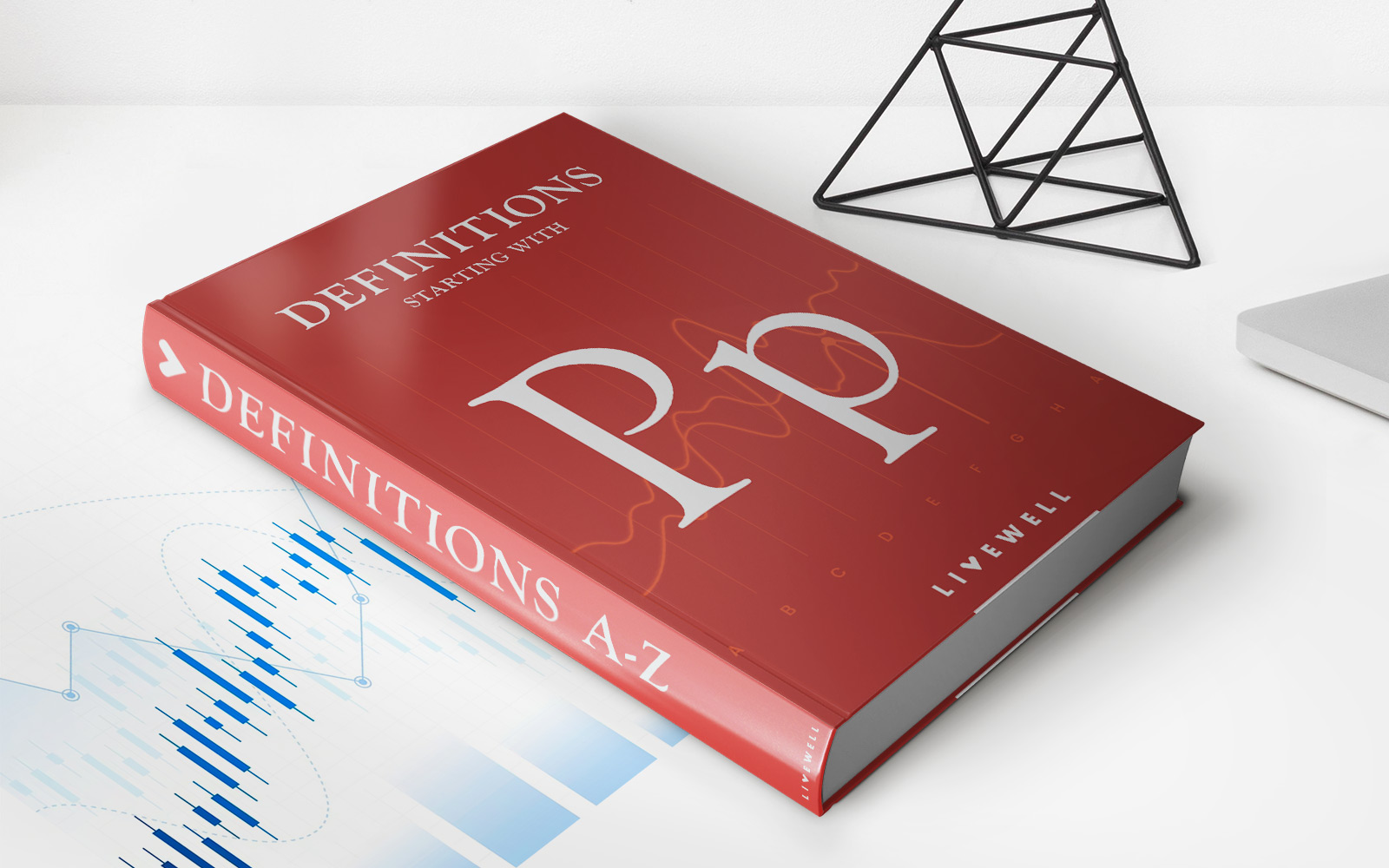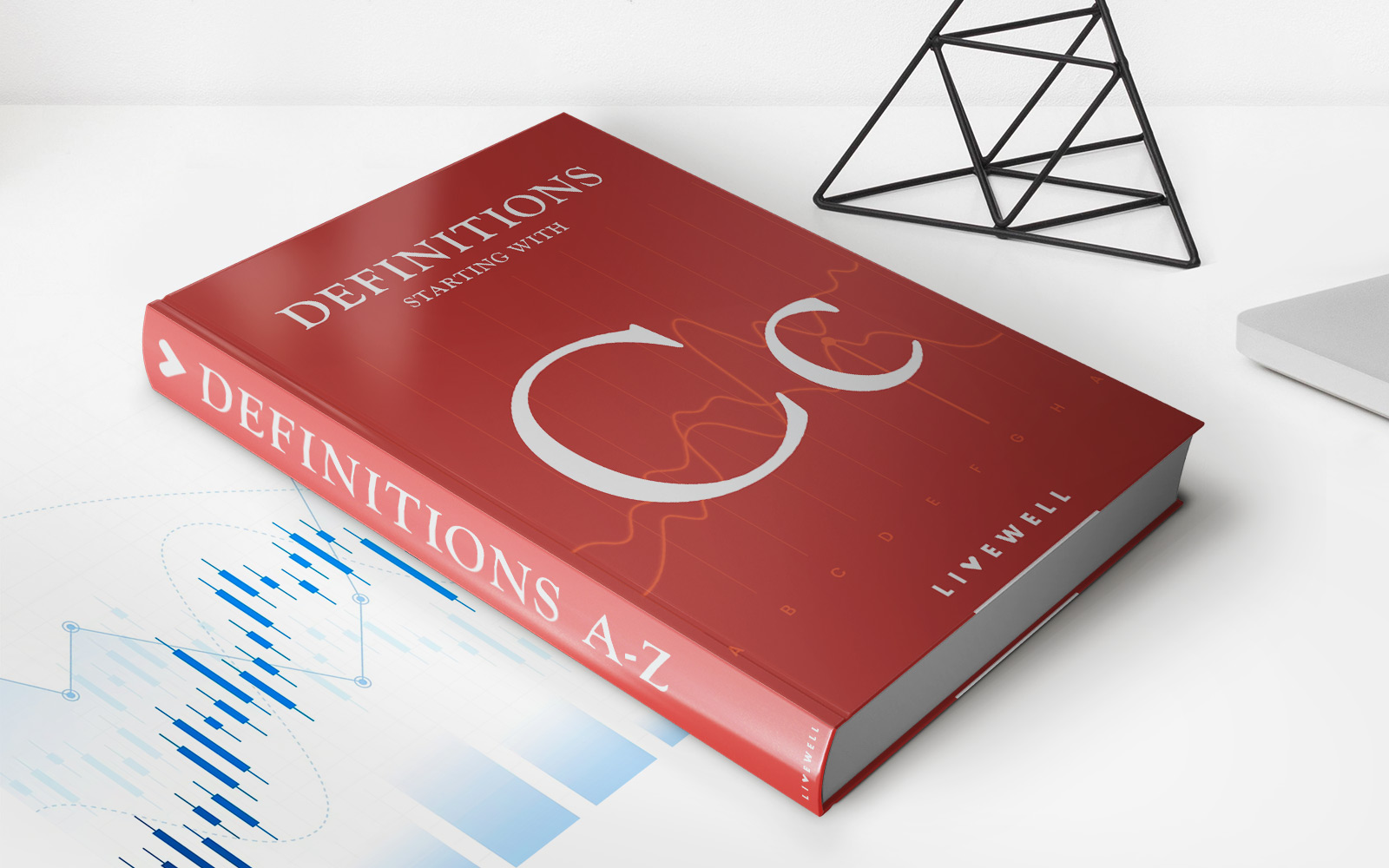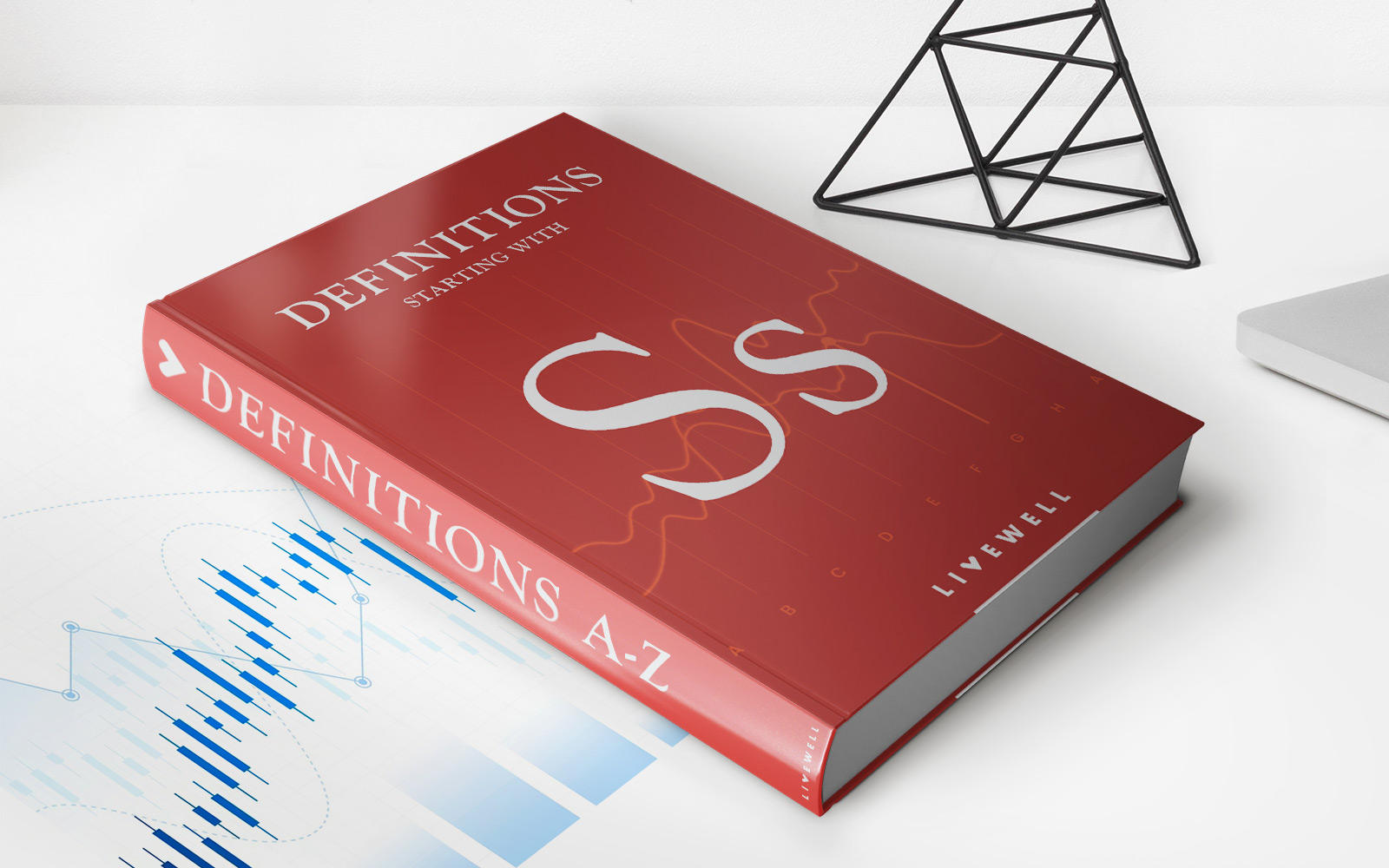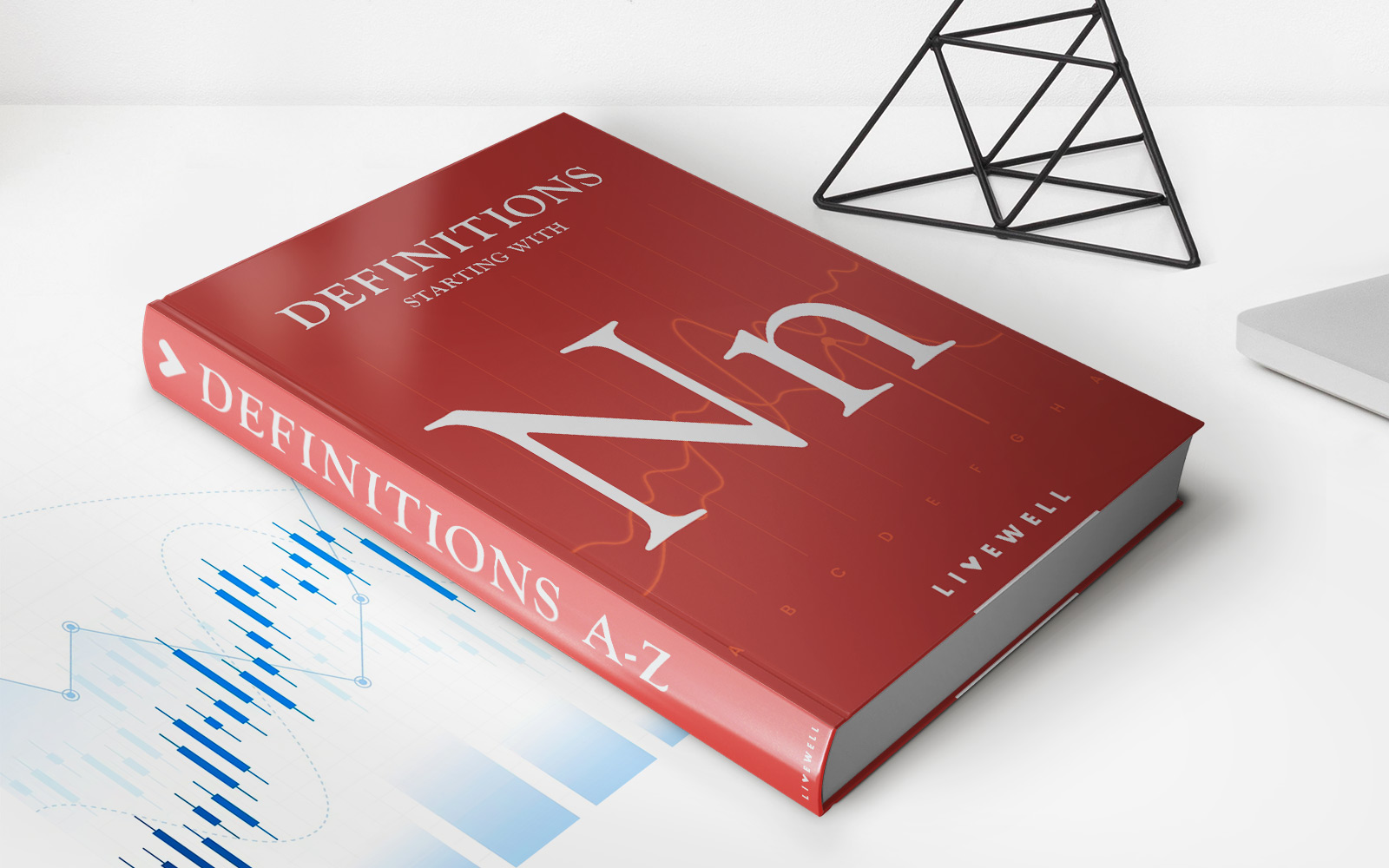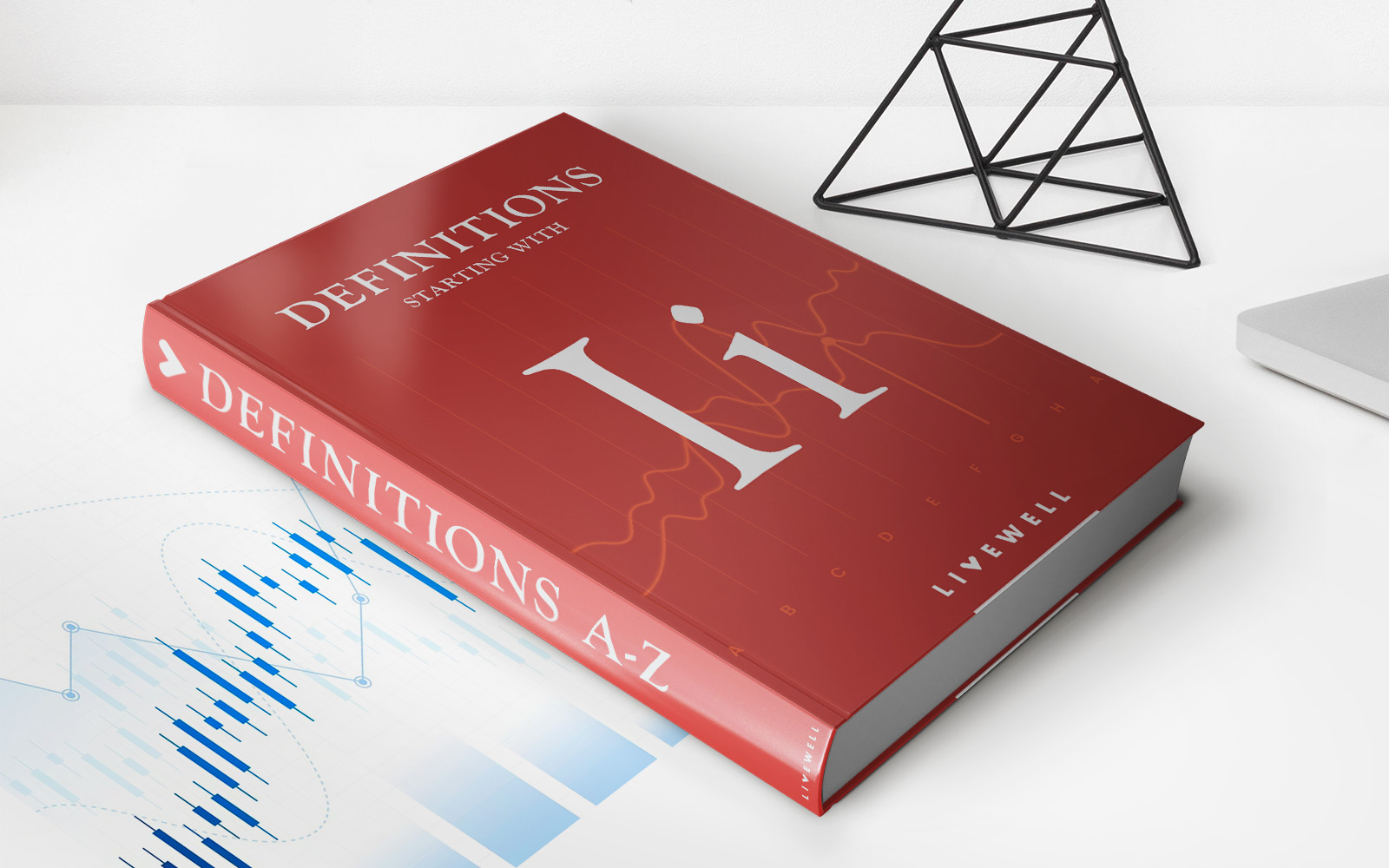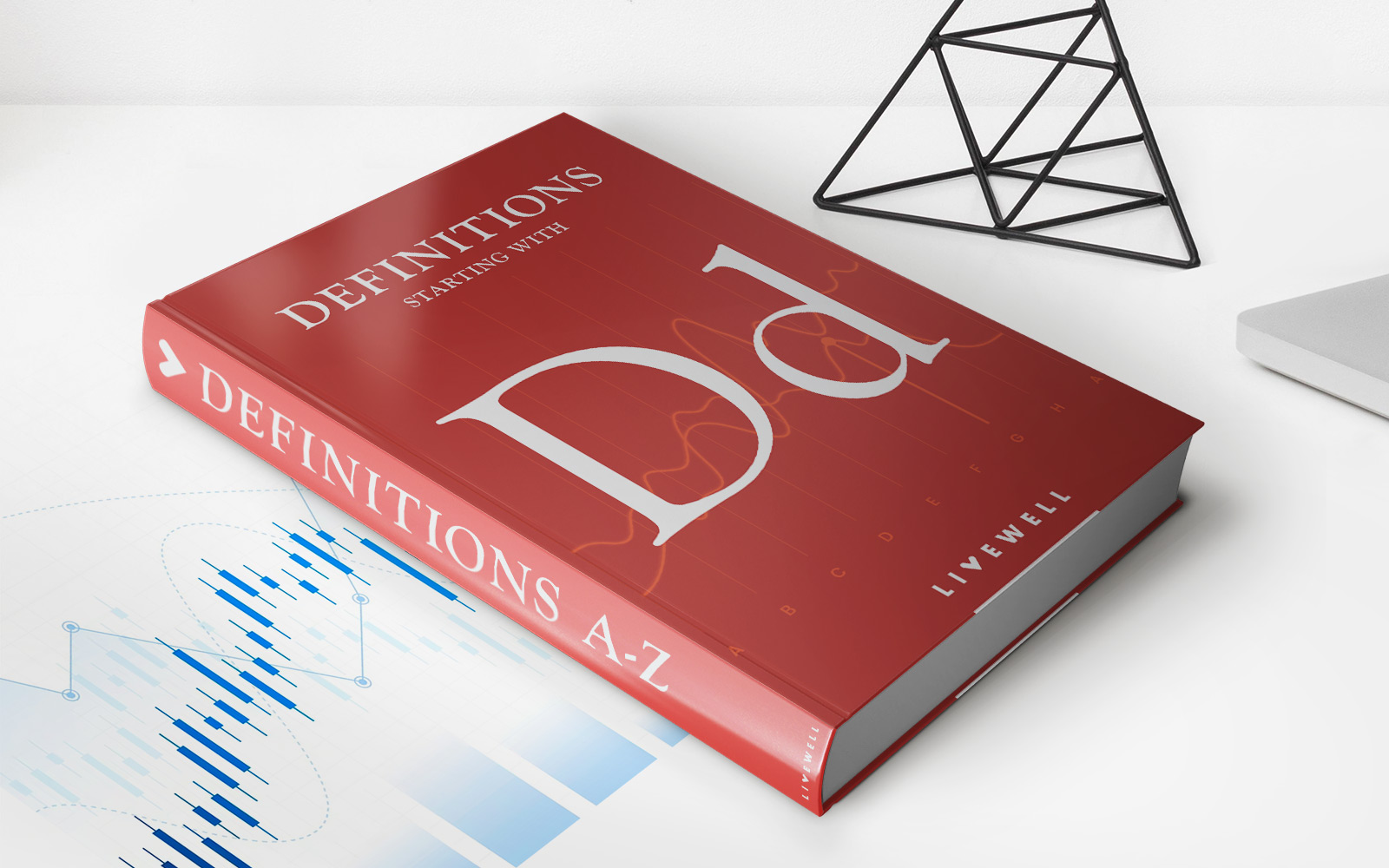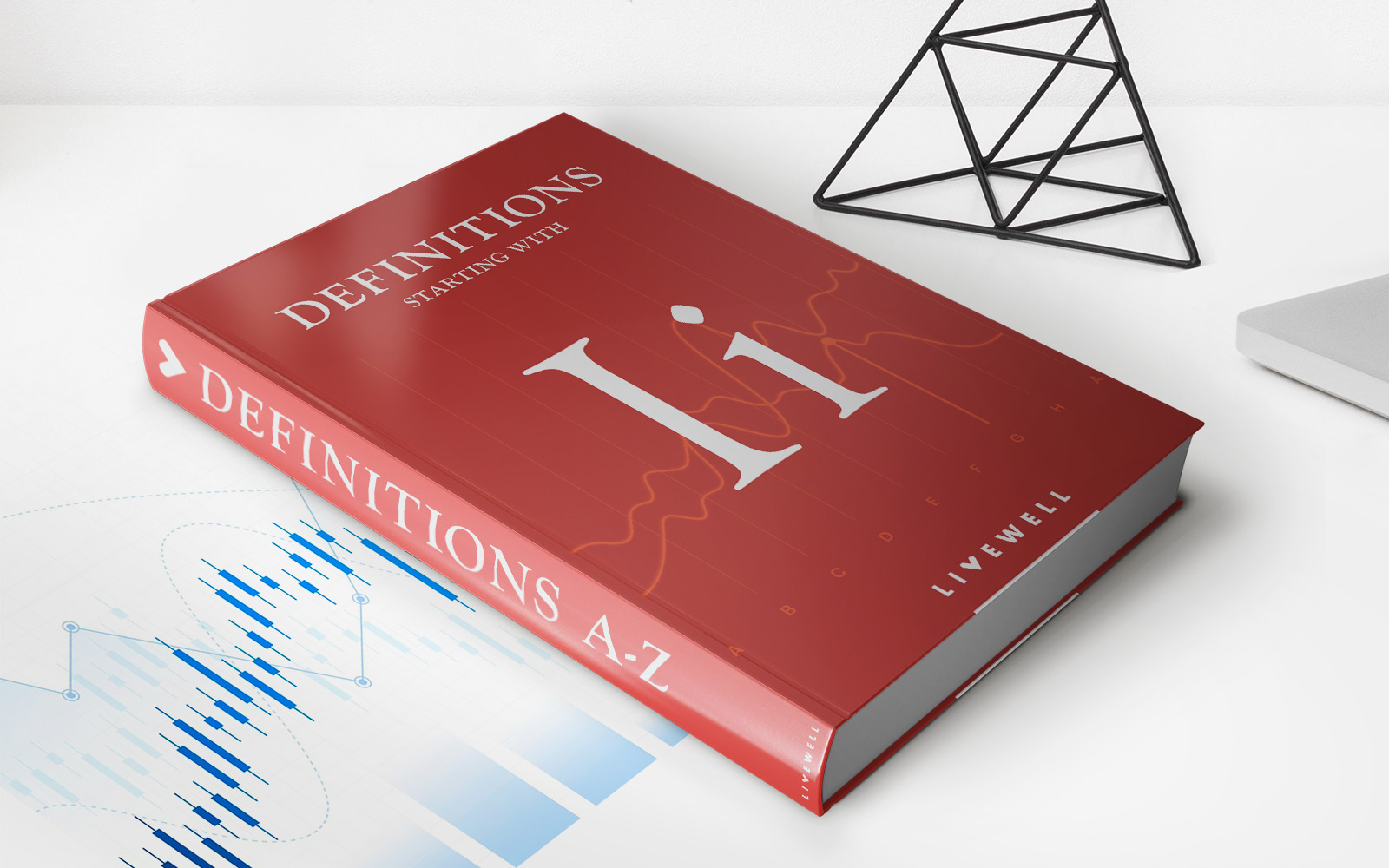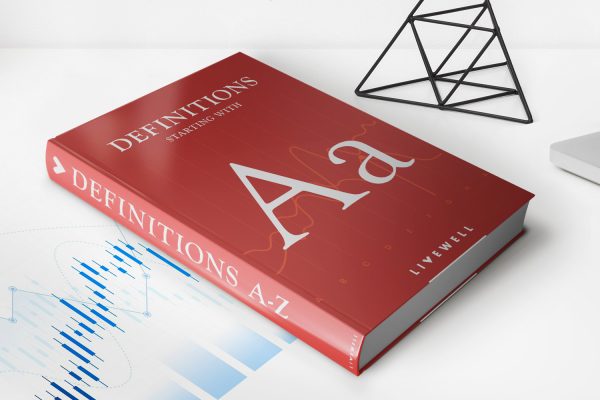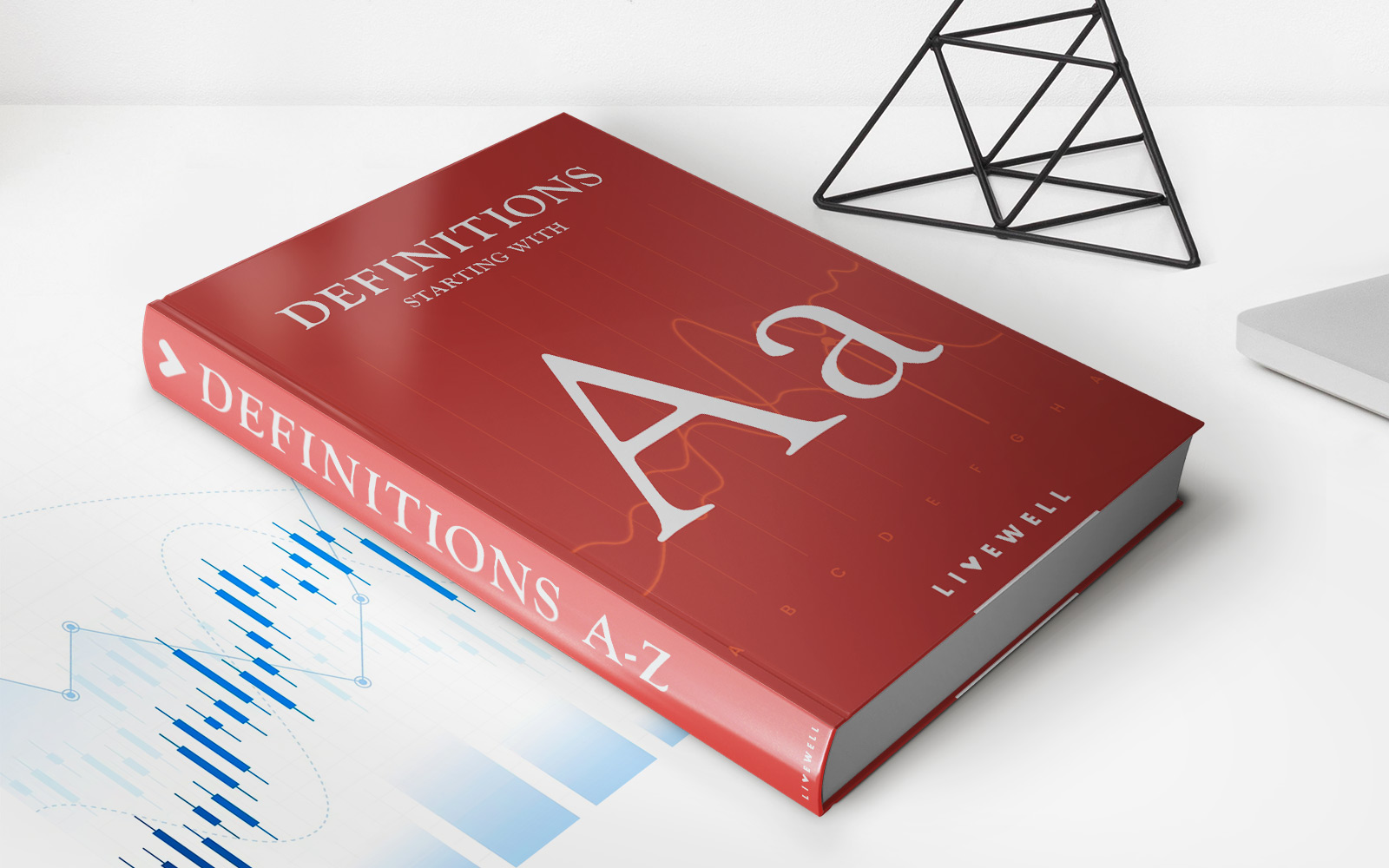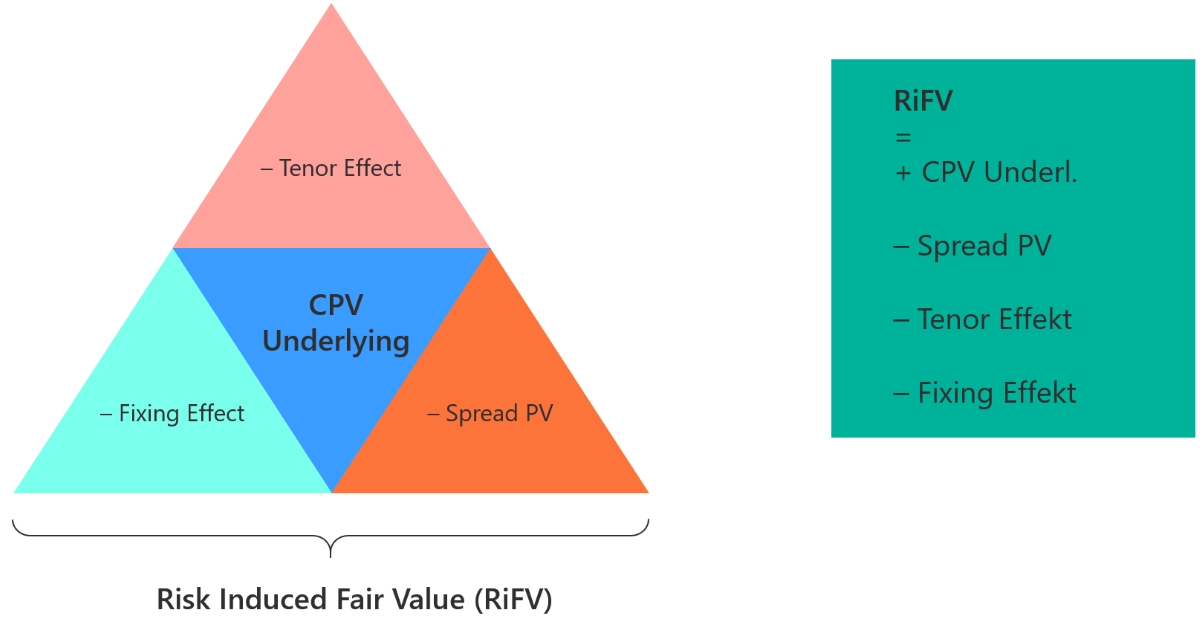Home>Finance>Implied Contract: Definition, Example, Types, And Rules
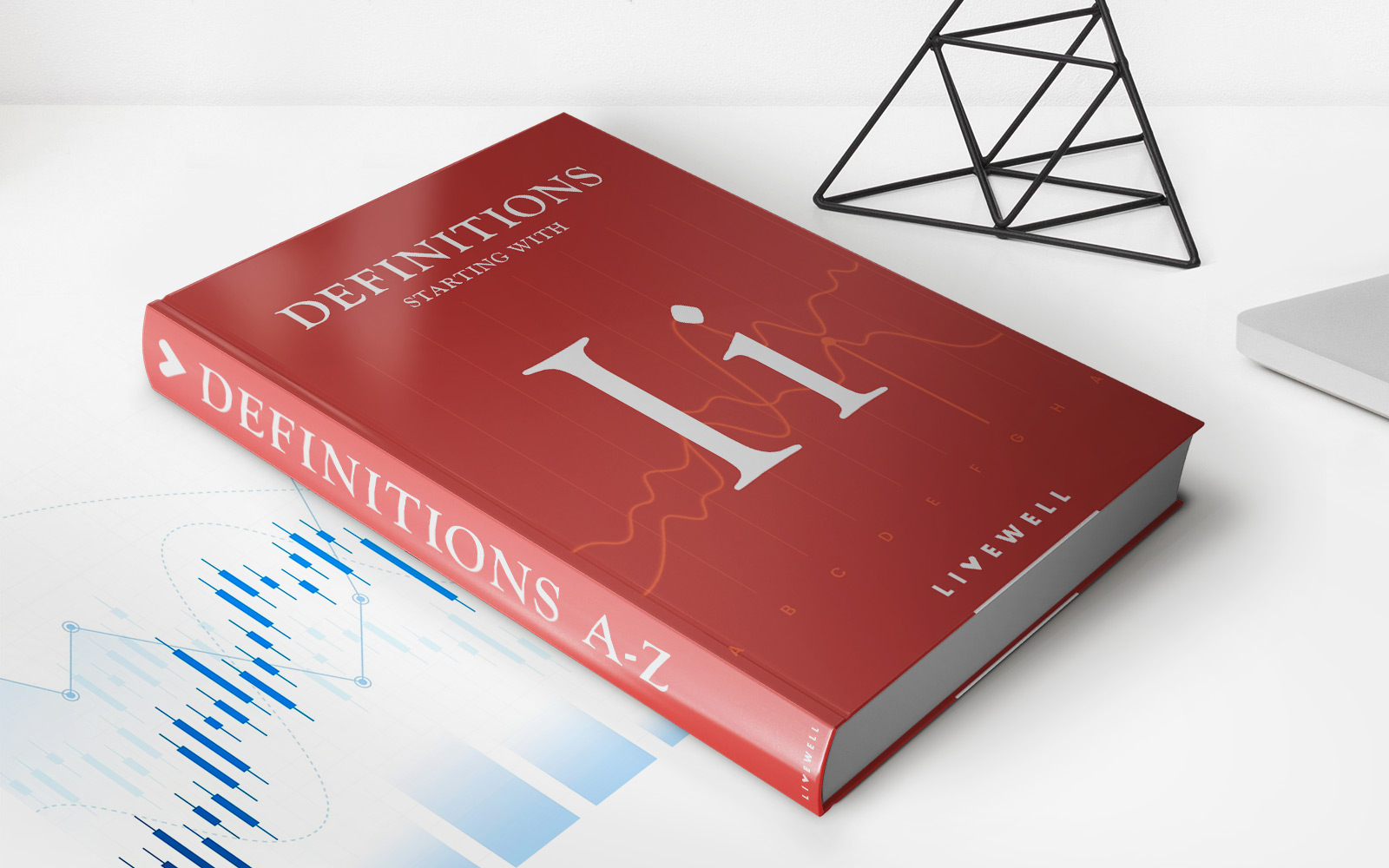

Finance
Implied Contract: Definition, Example, Types, And Rules
Published: December 7, 2023
Learn the definition, example, types, and rules of implied contracts in finance. Understand how these contracts can impact your financial agreements for better planning and protection.
(Many of the links in this article redirect to a specific reviewed product. Your purchase of these products through affiliate links helps to generate commission for LiveWell, at no extra cost. Learn more)
The Implied Contract: Definition, Example, Types, and Rules
When it comes to finances, there are a multitude of concepts and terms that can seem daunting and complex. One such concept is an implied contract. In this blog post, we will break down the definition, provide an example, explore different types, and discuss the rules surrounding implied contracts. By the end, you will have a clear understanding of this important financial concept and how it may apply to your own situation.
Key Takeaways:
- An implied contract is an agreement that is not explicitly stated but is assumed based on the conduct of the parties involved.
- It is important to understand the types of implied contracts to ensure you are aware of your rights and responsibilities.
Definition
An implied contract is essentially an agreement that is not expressly stated but is inferred from the actions, behavior, or circumstances of the parties involved. Unlike a written or oral contract, an implied contract is a legally binding agreement that has been formed without any explicit agreement being made.
Example
Let’s say you hire a contractor to renovate your home. You both discuss the project, agree on a start date, and the contractor begins work. In this situation, there is an implied contract between you and the contractor. The contractor is expected to complete the renovations, and you are obligated to pay for the services provided. Even though there isn’t a written agreement, the actions of both parties create a legally enforceable contract.
Types of Implied Contracts
Implied-in-Fact Contracts
An implied-in-fact contract is formed based on the conduct and actions of the parties involved. Although there is no explicit agreement, the parties’ behavior implies their intention to be bound to certain terms and conditions. These contracts are often inferred from the circumstances surrounding the transaction, such as the parties’ previous dealings or industry norms.
Implied-in-Law Contracts (Quasi-Contracts)
An implied-in-law contract, also known as a quasi-contract, is a legal fiction. These contracts are not true contracts but are created by the court to prevent one party from being unjustly enriched at the expense of another. In situations where there is no actual contract, an implied-in-law contract may be imposed by the court to ensure fairness and avoid unjust enrichment.
Rules surrounding Implied Contracts
While the rules surrounding implied contracts may vary depending on the jurisdiction, there are a few general principles to keep in mind:
- Offer and acceptance: An implied contract requires an offer and acceptance, although it may not be explicitly stated.
- Intent: The parties’ actions must indicate an intention to enter into a contract, even if there is no express agreement.
- Legality: An implied contract, like any other contract, must be legal and not contrary to public policy.
- Enforceability: Implied contracts, just like explicit contracts, are enforceable by law.
Understanding implied contracts is crucial for anyone involved in financial transactions. It allows parties to recognize their rights and responsibilities, even when no formal agreement is present. Whether you are hiring a service provider, conducting business, or buying goods, being aware of implied contracts can help you navigate the world of finance more effectively.
Conclusion
An implied contract is a legally binding agreement that is formed based on the actions, behavior, or circumstances of the parties involved. While it may not be explicitly stated, an implied contract carries the same weight and enforceability as a written or oral contract. By familiarizing yourself with the rules and types of implied contracts, you can protect your rights and obligations in financial transactions. Remember, consulting a legal professional is always a wise decision when dealing with complex legal matters, including implied contracts.
